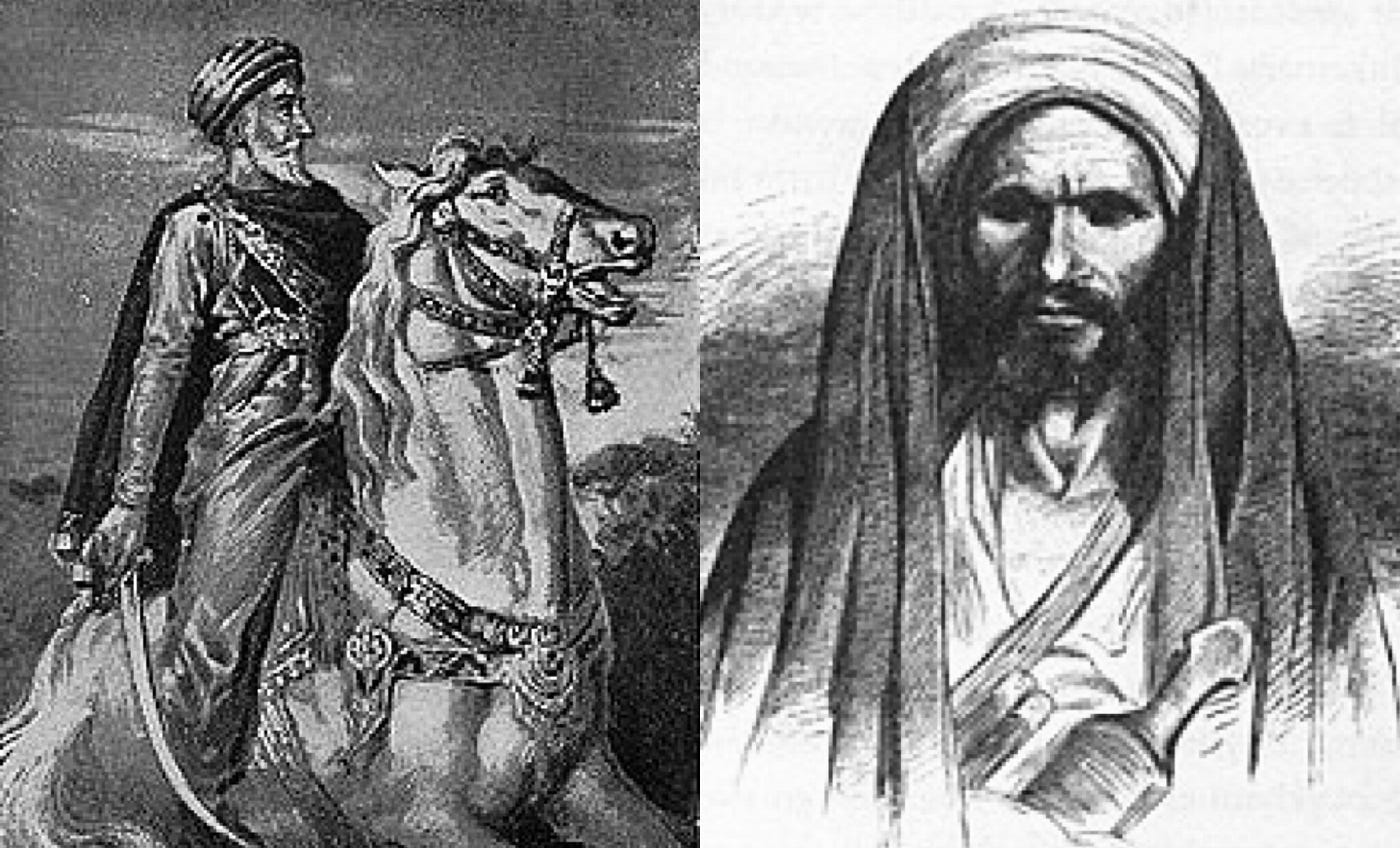The TV series “Al Hashasheen”, starring the talented Karim Abdel Aziz, Sammy Sheik, Fathi Abdulwahhab, Nicolas Moawad, and Omar El Shenawy. and directed by the genius Peter Mimi has raised several questions regarding the origin story of the offers the organization known as the “Hashashin.”
Who are they? What is their faith? These were the lingering questions that occupied the minds of the viewers as the show commenced on the first day of Ramadan. Therefore, we will provide answers and delve deeper into the history of this group.

The Assassins, also known as Hashashins, Hashishin, or Hashashiyyin, were a religious sect of Ismaili Shia Muslims hailing from Persia. Emerging in the 11th century, this sect became synonymous with political intrigue and covert operations in their search for more power
While their militant actions were often associated with targeting Crusaders, historians argue that their motives encompassed a broader scope, including opposition to Muslim rulers perceived as impious. Notably, the modern term “assassin” derives from this enigmatic group, which operated from 1090 to 1272.
At the heart of the Assassin’s narrative is the enigmatic figure of Hassan Al Sabah, believed to be the founder and leader of the Nizari Ismailiyyah faith. Raised in the city of Rayy, Hassan embraced the Ismaili faith in his youth. His unwavering commitment and rise within the Ismaili organization led him to seize the formidable fortress of Alamut in 1090, establishing a stronghold for the Assassins.
Known for his Self-disciplined lifestyle and Rigorous regime, Al Sabah left a profound impact on the Assassins’ ideology and practices, emphasizing the acceptance of absolute authority in matters of faith.
The Hashashins employed a range of mischievous tactics to achieve their objectives without getting noticed. Infamous for their skill in political assassinations, they struck fear into the hearts of their enemies through targeted killings.
Their reputation for stealth and precision made them a formidable force, as they exploited vulnerabilities and struck at critical moments. The Hashashins’ mastery of disguise, infiltration, and psychological warfare further contributed to their mystique, elevating them to legendary status in some historical accounts.
Over the centuries, the legends and tales surrounding the Assassins have captured the imagination of storytellers and historians alike. While some accounts may be speculative, the enduring legacy of the Hashashins has left an indelible mark on popular culture.
Their shadowy or unnoticed presence, enigmatic rituals, and strategic assassinations continue to inspire intrigue, making them a subject of fascination in literature, film, and other forms of entertainment like the Ramadan Egyptian show as well as the game “Assassins Creed.”







Comment (1)
[…] Order of Assassins’s concepts of espionage and covert operations resonate in modern intelligence and military strategies even today and are widely used to train and comprehend military forces. Furthermore, their […]